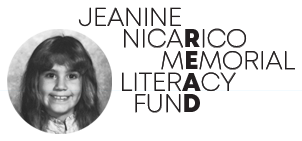This 2 day seminar draws from two experts: Jennifer Serravallo and Laura Stewart. The seminar will include resources about comprehension, instruction behind the science of reading, formative assessment, and small group instruction. It will take place over two, five hour days.
